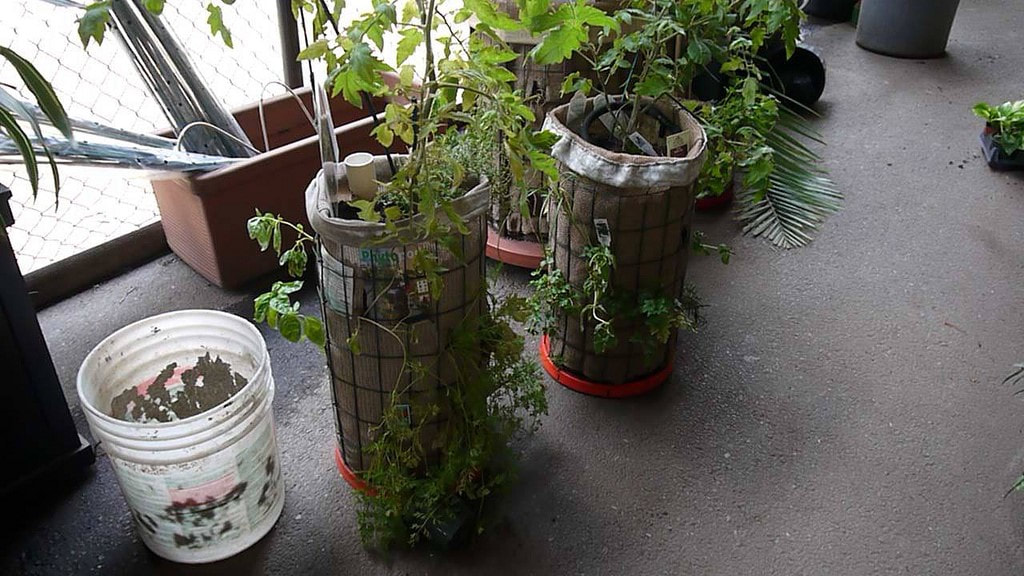|
If you are thinking about growing your own food at home, you don't even need to have a garden! In fact, you will need very little in order to make this sustainable change to your lifestyle. It could be very helpful, however, to familiarise yourself with the fundamentals of permaculture. Permaculture is a design system that gives us a guide for sustainable living. Permaculture is a portmanteau term that comes from the two words, 'permanent' and 'culture'. It has three main tenets – ethics that guide all principles and practices within the field. Beyond these three ethics are a range of further principles. These ethics and principles can help just as much for indoors gardeners as they can for those with a garden or farm. The three central tenets in permaculture are:
If you can adhere to these three tenets as you grow your own food indoors, you will discover that permaculture is not only kind, ethical and harmonious, it also makes a lot of sense. Growing your own food indoors is a good way to care for our planet. Every small bit of your own food that you can grow will help to reduce your individual carbon footprint. It will give you choices and mean that you can reject the damaging elements of the modern agricultural system and avoid buying items of food that have had to travel too far to reach your plate. Growing your own food also helps you to meet the second ethic of permaculture. Caring for other people involves caring for your own family and friends through providing them with good quality, organically grown produce. But growing food at home can also allow you to help others in your wider community - both my setting a good example and by reaching out in other ways. Growing your own food indoors is a great way to make sure that you are taking only your fair share and not using up more than your quotient of the planet's resources. By taking small steps (like growing food indoors) every day, you can work towards a more sustainable, green and ethical way of life. Plus, by taking on practices like composting, and making your own liquid plant feeds or containers from waste materials and kitchen scraps, you can return all surplus that would previously have been wasted and can channel it back into the cycle to continue your growing efforts. There is a lot more to learn about permaculture, but those basic ethics should be front and centre in all your efforts to grow food indoors organically. If you keep them in mind, you cannot go too far wrong in your attempts at sustainable indoors gardening.
0 Comments
Leave a Reply. |
GROW ORGANIC!
|
|


 RSS Feed
RSS Feed




